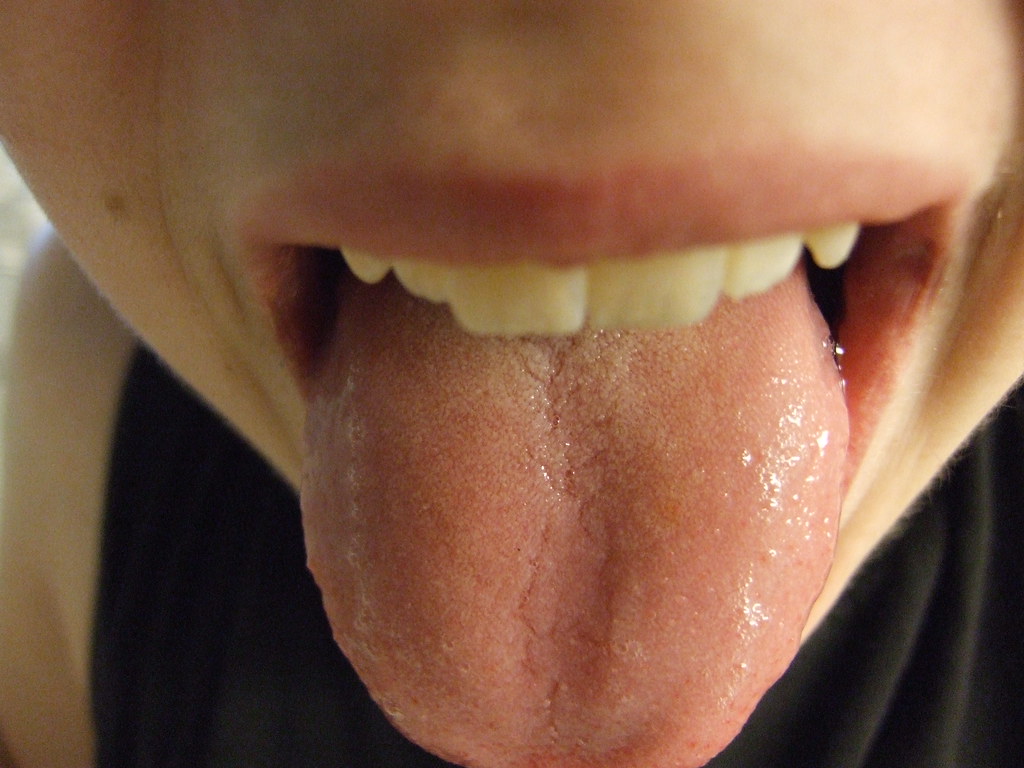I consider myself to have a high tolerance for spicy foods. I grew up eating chili peppers and hot sauce with every home-cooked meal. A regular comment I would hear growing up was a warning—I better stop eating so many spicy elements because I was killing my taste buds. By doing a little research on the Internet and noting that my much older family members could still taste, I soon realized that this warning was simply a myth.
Origin of the Myth
To my knowledge, there isn’t any information detailing the beginning of the myth that spicy foods kill taste buds. One can speculate in how it started, though. When hot spicy foods are eaten, the tongue becomes numb, and once numb, a person is unable to taste anything. So, maybe a person concluded that it’s possible that spicy food can permanently damage or kill taste buds. However, this numbness is simply temporary.
Eating Spicy Food
Spiciness is a term commonly used to describe how a food tastes, but spiciness is actually not a taste. Remember—the tongue tastes bitter, salty, sweet, umami and sour, not spiciness. However, the tongue is capable of sensing hot, cold and pain. The spicy “taste” is actually a combination of a hot and pain sensation.
When something spicy is eaten, the molecule capsaicin binds to receptors on the tongue that detect temperature changes and pain. These receptors tell the brain that there is pain and the brain immediately sends signals for the numbing of the tongue. The numbing is temporary, and it does not harm the taste buds in any way.
Death of Taste Buds

Eventually, taste buds do die (and regenerate), just like the majority of cells in your body. Unfortunately, as you age, your taste buds begin to lose sensitivity and some taste buds stop regenerating. But then again, what doesn’t worsen as you get older?
So continue eating all the spicy foods you want. Your taste buds are here to stay. Well, at least for now.



